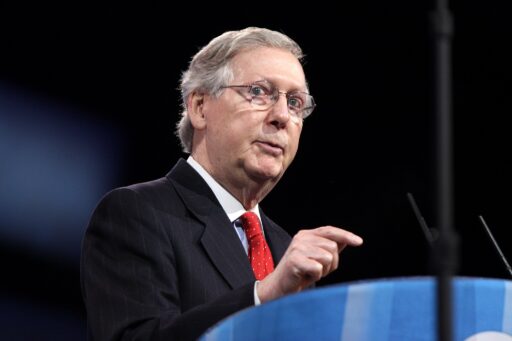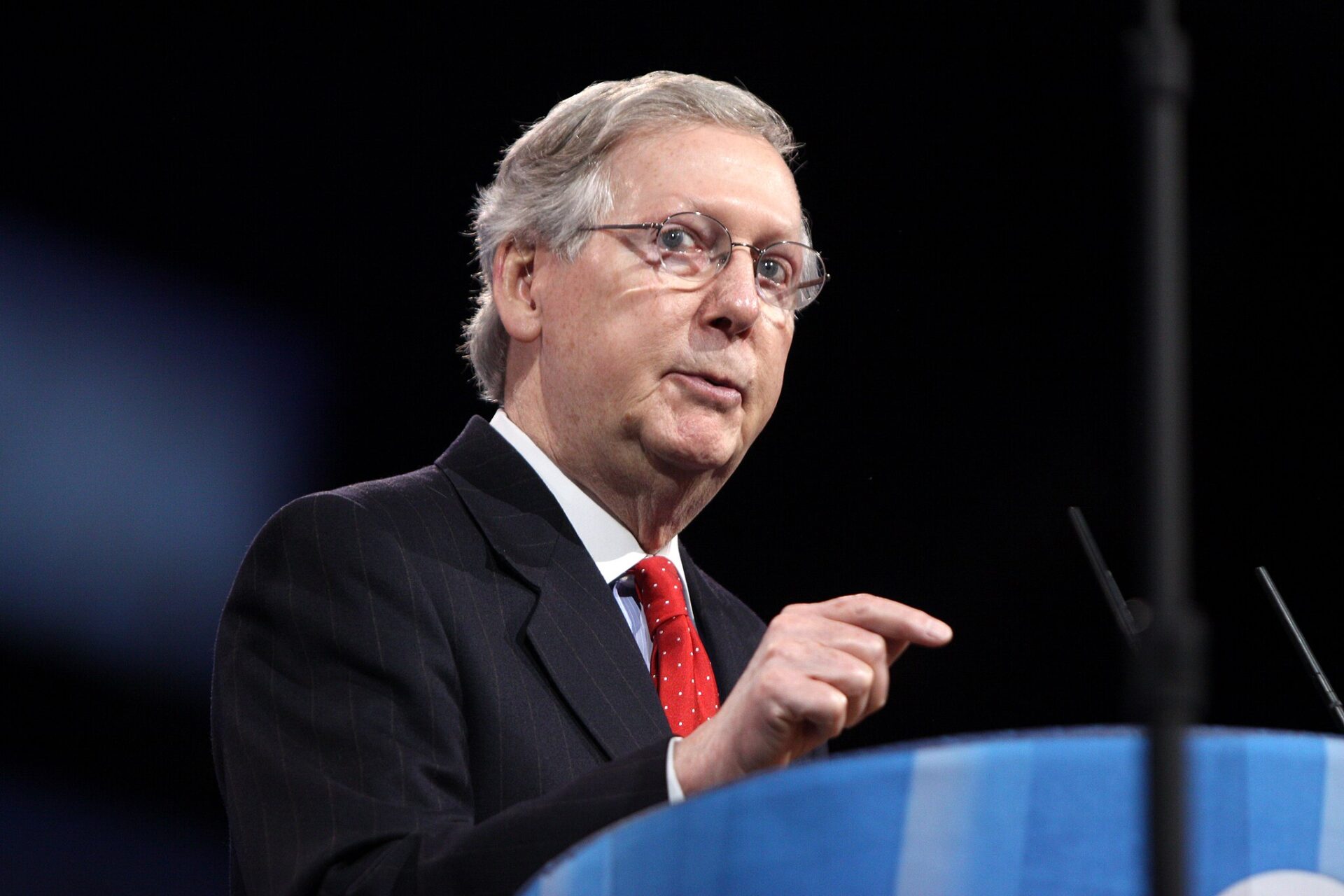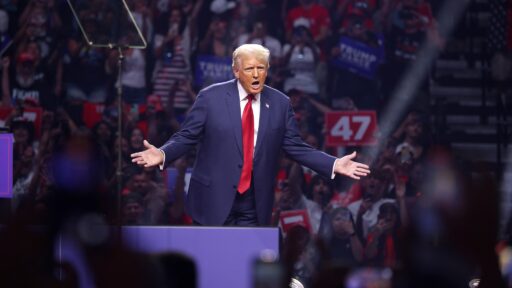Trump Confused The GOP With New Move
President-elect Donald Trump’s decision to nominate Rep. Matt Gaetz (R-Fla.) as Attorney General has thrown a wrench into the confirmation process, leaving many Senate Republicans stunned and scrambling to respond. Gaetz, known for his combative style and strong support for Trump, is a controversial figure within the party, and his nomination immediately put Republicans on the defensive.
Key centrist Republicans, including Sens. Susan Collins (R-Maine) and Lisa Murkowski (R-Alaska), expressed surprise and concern over the pick. Murkowski, in particular, criticized the nomination as “not serious” and underscored the need for an attorney general who is capable of leading the Department of Justice with gravitas. “We need someone who can take on the role with the necessary seriousness and professionalism,” Murkowski said, signaling her reluctance to support Gaetz.
For many Republicans, the nomination of Gaetz came as a shock, especially as the party had been urging a swift confirmation of Trump’s Cabinet choices. However, Gaetz’s polarizing reputation, particularly after his role in orchestrating the removal of former Speaker Kevin McCarthy, has some Republicans questioning his qualifications for such a critical position. Additionally, the lingering allegations from a DOJ investigation involving an underage sex trafficking case have raised red flags for several members. Although Gaetz was never charged, the ongoing House Ethics Committee probe continues to cast a shadow over his candidacy.
Sen. John Cornyn (R-Texas), a senior member of the Judiciary Committee, was visibly taken aback when asked about Gaetz’s nomination, although he quickly reaffirmed his duty to conduct a thorough vetting process. “We’ll do our job, and vet the nominee,” Cornyn said, adding that while the President has the right to nominate candidates, the Senate’s role is to provide “advice and consent” as prescribed by the Constitution.
Sen. Thom Tillis (R-N.C.), another key member of the Judiciary Committee, echoed concerns about Gaetz’s chances of confirmation, predicting that not a single Democrat would vote for him. “He has work to do,” Tillis said. “It’s going to be tough to get the votes needed.”
Despite Trump’s ability to lose only a few votes among his Senate allies, the Gaetz nomination could become a major sticking point for Republicans. The President’s allies are likely testing the limits of Senate support, knowing that in the current climate, securing confirmation for divisive nominees like Gaetz could be a hard-fought battle. Given the slim margins, the nomination may face an uphill struggle, particularly as moderate Republicans grapple with how to balance loyalty to Trump with the demands of their constituents and the broader party.
Trump’s decision to nominate Gaetz, along with former Rep. Tulsi Gabbard (Hawaii) for Director of National Intelligence, has already set the stage for contentious confirmation battles. As the party braces for what could be a rocky confirmation process, Republicans will have to determine whether they can unite behind these nominations or if they will be forced to distance themselves from the President’s picks in order to preserve their own political viability.







